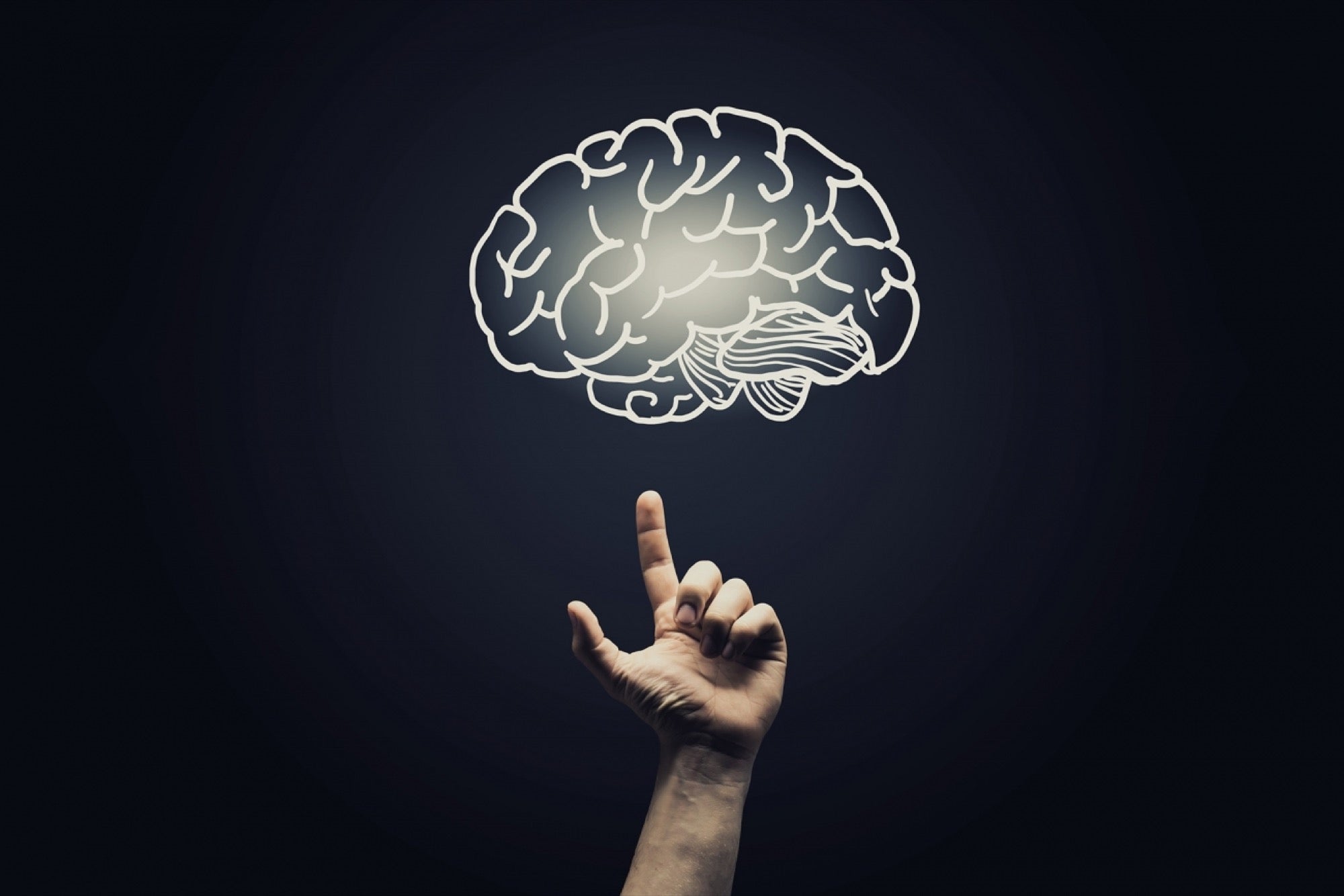Experiential Learning is the Way Forward for Indian Education This revolution can enable the country's future and bring about positive changes in the society in tangible ways
Opinions expressed by Entrepreneur contributors are their own.
You're reading Entrepreneur India, an international franchise of Entrepreneur Media.

Until a decade or two ago, knowledge was delivered in a way, where the focus was mainly on the instructor. The pedagogue was the only source of information for students, who shared information through hour-long lectures and detailed textbooks. Today, we are in the midst of a digital transformation, where static classrooms are becoming a thing of the past. Education is evolving drastically to become more experiential with every passing day. Students are taken out in the real world to gain first-hand experience and identify lessons that can inspire them to pursue higher studies in the field that most appeals to them. In this type of learning, the instructor acts as a guide and helps students to bridge the gap between theory and practical learning.
Merits of Experiential Learning
Experiential learning allows students to develop critical-thinking, problem-solving and decision-making skills. In such an environment, students are free to experiment, try new things, learn in a safe and controlled atmosphere, and gain real-time feedback. This kind of learning helps students build an emotional connect with the subject, leverage real examples for inspiration and enhance their experiences in manner that leaves them with rich stories to share back with their friends and peers.
Lapse in Policymaking
While there are many experiential learning programs being promoted by schools and other educational institutions, there is an application vacuum, which the students experience. There is only a little focus on the purpose of experiential learning and students are unable to retain what they see and learn. Experiential learning should be able to incorporate techniques that encourage students to engage in their learning on a multi-sensory level. The sensory system has the ability to stimulate the cognitive function. For instance, the olfactory and gustatory systems provide strong sensations that remain connected to the information processed, whereas tactile learning promotes curiosity and boosts creativity amongst children. Experiential learning should fuel the brain in various ways so that each sensory system becomes more developed and supports higher functioning.
While technology has enabled the creation of manicured or simulated experiences inside studios for students, it is real-world experiences that can bring a level of nuance and detail that no simulation can match. Experiential learning through real-life experiences will promote critical thinking amongst students, enable them to reflect upon their decisions, take responsibility for their actions and get an understanding of how their actions make an impact in the society. In other words, experiential learning allows students to take control of their own learning. Students who learn in this collaborative manner tend to feel more engaged in their learning experience and self-assess themselves with the help of criteria and standards, write a reflection report about their learning experiences, and obtain feedback on their report from an expert/teacher colleague based on the same criteria and standards. Having a self-evaluation system rather than external certifications indicates the maturity of such programs.
The Implementation Plan
An effective experiential program with real-time experiences should trigger original thinking and enable students to come up with feasible solutions for the actual problems seen around them. They should be able to engage with real-world systems and think deeper about the purpose associated with them. Many a times the abstract teachings inside a classroom do not expose kids to the limitation of resources. Any number of mathematical models or simulations cannot teach them about the existing actual on-ground challenges. When they work within limitations they start understanding the need to conserve resources or be more productive with the help of limited resources. They learn to work in groups or brainstorm in a team. This method of learning boosts engagement levels and enables them to achieve their goals faster while communicating the importance of teamwork and being a team player. They understand the significance of effective communication, learn body language, effective listening, understand scripts, etc.
From the formative years, kids should be exposed to experiential learning. When they experience the real world first-hand, they are more likely to get inspired and have a sense of direction. As India grapples with pressing global and social issues, the experiential learning revolution will enable the country's future to tackle some of them and bring about positive changes in the society in tangible ways.










